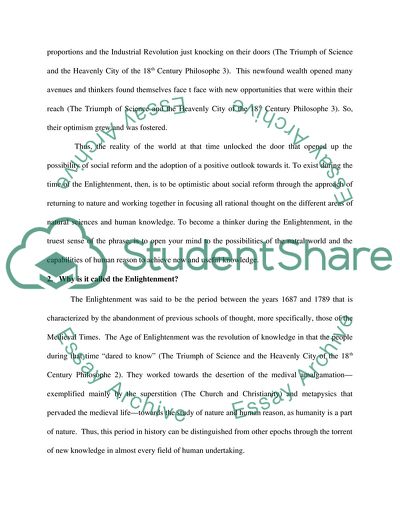Cite this document
(The Essence of the Age of Enlightenment Assignment, n.d.)
The Essence of the Age of Enlightenment Assignment. https://studentshare.org/history/1707426-enlightenment
The Essence of the Age of Enlightenment Assignment. https://studentshare.org/history/1707426-enlightenment
(The Essence of the Age of Enlightenment Assignment)
The Essence of the Age of Enlightenment Assignment. https://studentshare.org/history/1707426-enlightenment.
The Essence of the Age of Enlightenment Assignment. https://studentshare.org/history/1707426-enlightenment.
“The Essence of the Age of Enlightenment Assignment”. https://studentshare.org/history/1707426-enlightenment.


